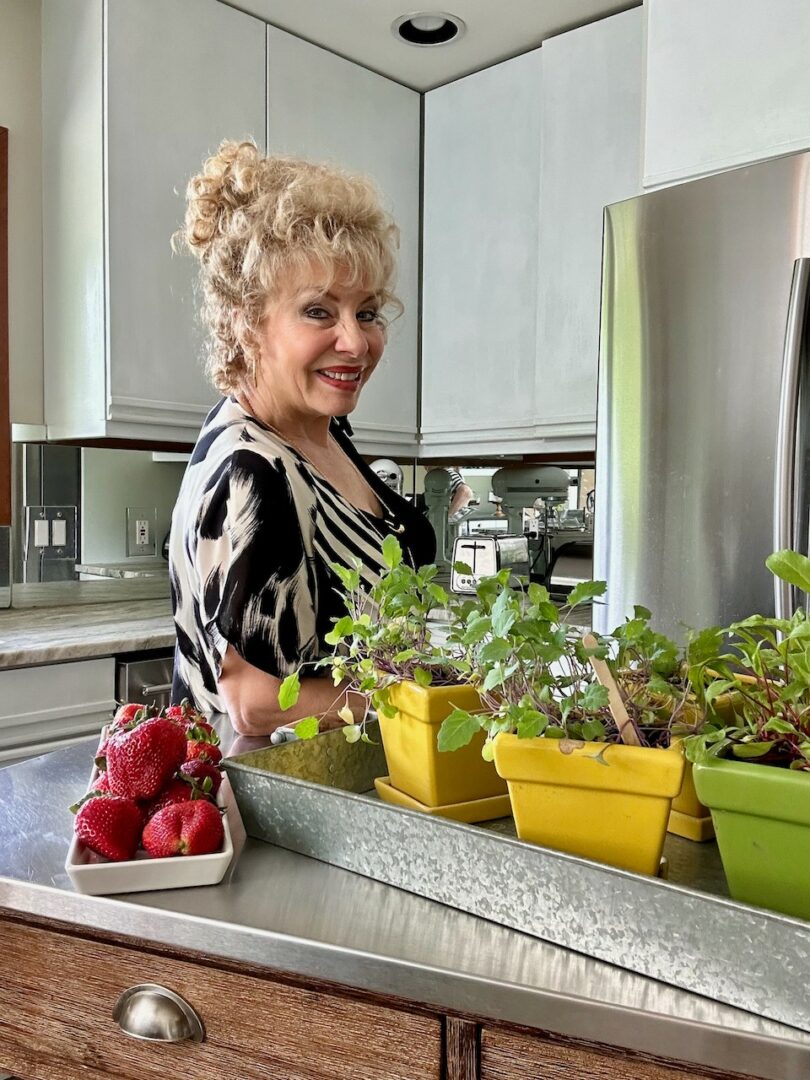We recently had the chance to connect with Robin Daumit and have shared our conversation below.
Robin, we’re thrilled to have you with us today. Before we jump into your intro and the heart of the interview, let’s start with a bit of an ice breaker: What is a normal day like for you right now?
A normal day for me now feels like a gift, though I suppose there’s nothing truly ‘normal’ about it. After raising my four children as a single mom, when most days were about juggling responsibilities and making sure everyone else was cared for, I’ve reached a season where I get to build my days around the things that bring me joy.
I relish starting my days quietly alone first, because mornings are when my creativity feels freshest. A quiet cup of tea, often with herbs I’ve grown myself, sets the tone. I post daily on a variety of social media platforms and check in with my friends there. I’ll draft a recipe idea or a story, where I like to put something nourishing into words, just as I have done for myself and my family all these years.
From there, my day flows between the kitchen and the garden. Recipe testing is both work and play for me, tweaking, and photographing dishes, making notes for my blog or YouTube channel. Other times, I’ll step outside and find myself lost in the rhythm of tending my herbs, harvesting vegetables, or just soaking in the peace of being surrounded by what I’ve grown.
There’s also the part of my day that connects me to my children and their lives, sharing my creations, brain storming with them about activities in their lives and planning the next family get together. That’s a joy for me, because it feels like the circle has come full: the years of hard work raising a family, teaching myself the rare art of DIY, long before it was a thing and now passing what I’ve learned over to my children, and all who care to learn.
Planning the evening meal often starts before midday since I prepare all meals at home, inspired by the many seasonal meals I’ve written about in books I’ve published or my website. It’s funny to me that I still look up my own recipes since there are now too many to remember. The day ends in gratitude for the struggles that shaped me and for the freedom to live each day with purpose and passion.
Can you briefly introduce yourself and share what makes you or your brand unique?
I’m Robin Daumit, a visual storyteller, writer, and lifelong advocate of healthy living. I use food as my canvas to share stories that connect culture, memory, and lifestyle. Over the years, I’ve published six books, created hundreds of stories and videos for my website Whisk and Dine, and YouTube channel, and had the privilege of being featured several times on Food Network as well as in an eight-episode PBS series. What makes my work unique is the way I blend recipes with storytelling, inviting people not just to cook, but to experience food as a journey. Now, I’m taking that vision a step further, exploring scriptwriting for a television series I believe has the potential to become the next big hit.
Appreciate your sharing that. Let’s talk about your life, growing up and some of topics and learnings around that. What was your earliest memory of feeling powerful?
My earliest memory of feeling powerful came from realizing that the more I could do for myself, the stronger I felt. Even as a little girl, when I was told to clean my room, I didn’t just tidy it, I organized my things carefully, arranging them like I’d seen in magazines. I wasn’t seeking my parents approval or praise; I did it because it made me feel capable and proud of what I had accomplished.
That sense of agency, the feeling that I could shape my world, even in small ways, spilled over into everything else I did. Cooking, sewing, creating, solving problems: each new skill I mastered gave me a deeper confidence, a quiet power that has stayed with me my entire life.
When you were sad or scared as a child, what helped?
As a little girl, the oldest of four in a family that didn’t have much, life could feel frightening, my parents fought often, and that kind of tension can make any child feel powerless. What helped me was finding small ways to take control over my own world. I would clean, organize, cook, or even sew, losing myself in the creative excitement of making my own clothes. Those small acts gave me a sense of agency and calm in the midst of chaos.
Eventually, I realized I could also speak up. I told my mother exactly how scared I was, and that I couldn’t continue living in a home where fear ruled. She made a change, my parents divorced, and life gradually became safer and happier. By then, I had already taught myself so many skills, practical and creative, that I’ve spent the rest of my life building on. Those early lessons in resilience, creativity, and self-reliance shaped who I am today and continue to guide everything I do.
Alright, so if you are open to it, let’s explore some philosophical questions that touch on your values and worldview. How do you differentiate between fads and real foundational shifts?
For me, the difference between a fad and a true foundational shift became crystal clear when the pandemic hit. Overnight, so many of the things we thought we ‘needed’ fell away, trends, routines, even the busy pace of life. What remained essential were the basics: nourishing food, a healthy body, a safe home, and the resilience to adapt.
I realized in that moment how prepared I was, not because I had anticipated a global crisis, but because I had always lived my life grounded in those basics. Cooking from scratch, caring for my health, tending my home and garden, even taking pride in my appearance, by learning to do beauty routines myself, these weren’t luxuries, they were skills and habits that sustained me.
Fads will always come and go, whether it’s a diet craze or the latest wellness trend. But the old-fashioned foundations never go out of style. They simply become the steady ground we can build upon, perhaps updated with a modern twist or fresh perspective, but always rooted in something timeless and real.
If there’s one thing I’d encourage others to take away, it’s this: don’t chase what’s fleeting, invest in what endures. Learn to cook one wholesome meal, grow a single herb on your windowsill, or carve out a daily ritual of self-care. Those small, steady practices become your foundation, and when life shifts unexpectedly, you’ll be standing on solid ground.
Okay, so before we go, let’s tackle one more area. If immortality were real, what would you build?
If immortality were real, I would devote it to deepening and expanding what I’ve already been building: a way of living that proves health has no limitations. Reaching my 70s with steady energy, a clear mind, and a body that has never been weighed down by extremes, whether it’s dependency, weight struggles, or reliance on medications.
My legacy would be a world where people don’t fear aging, but embrace it as a chapter of possibility. If immortality granted me endless years, I’d spend them inspiring others to create lives so vibrant and sustainable that they too, feel timeless and that vitality is possible at any age when you live with intention, balance, and care.
I’d weave these truths into the lives of others, as I’ve sought to do with my own loved ones, showing that a health life is not about restriction but about abundance: the abundance of flavors from fresh, whole foods, the joy of movement, the peace of tending one’s own ‘garden of life’, and the confidence that comes from caring for mind, body and spirit.
Contact Info:
- Website: https://whiskanddine.com/
- Instagram: https://www.instagram.com/whiskndine/
- Linkedin: https://www.linkedin.com/in/robin-daumit-85184a155/
- Facebook: https://www.facebook.com/rdaumit
- Youtube: https://www.youtube.com/@WhiskandDine
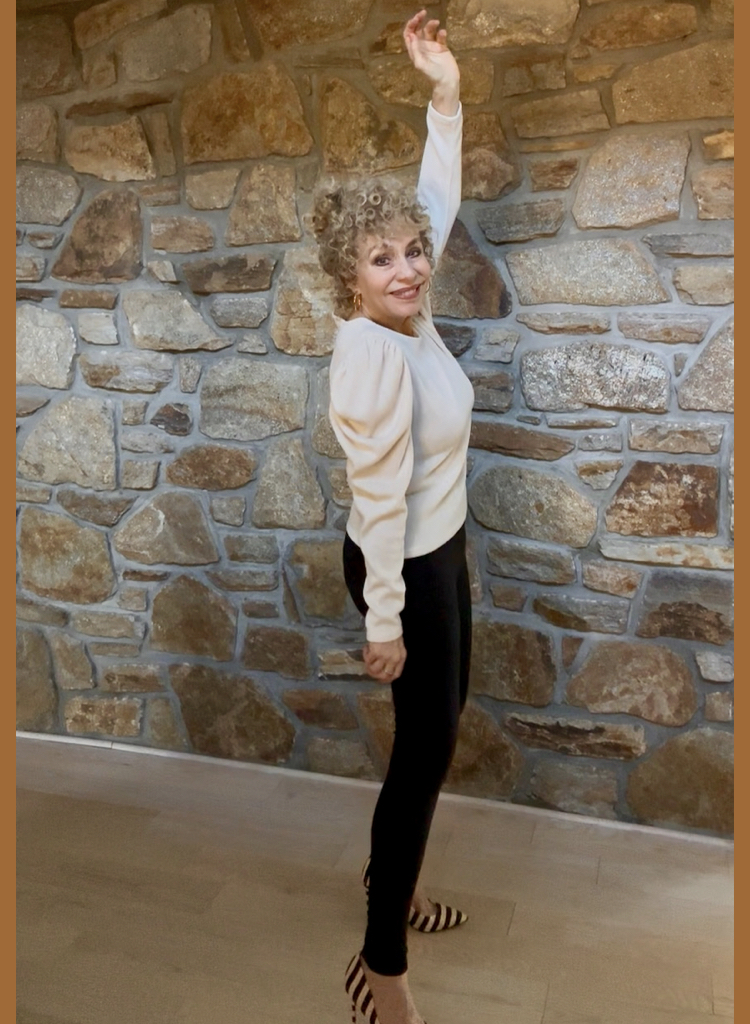
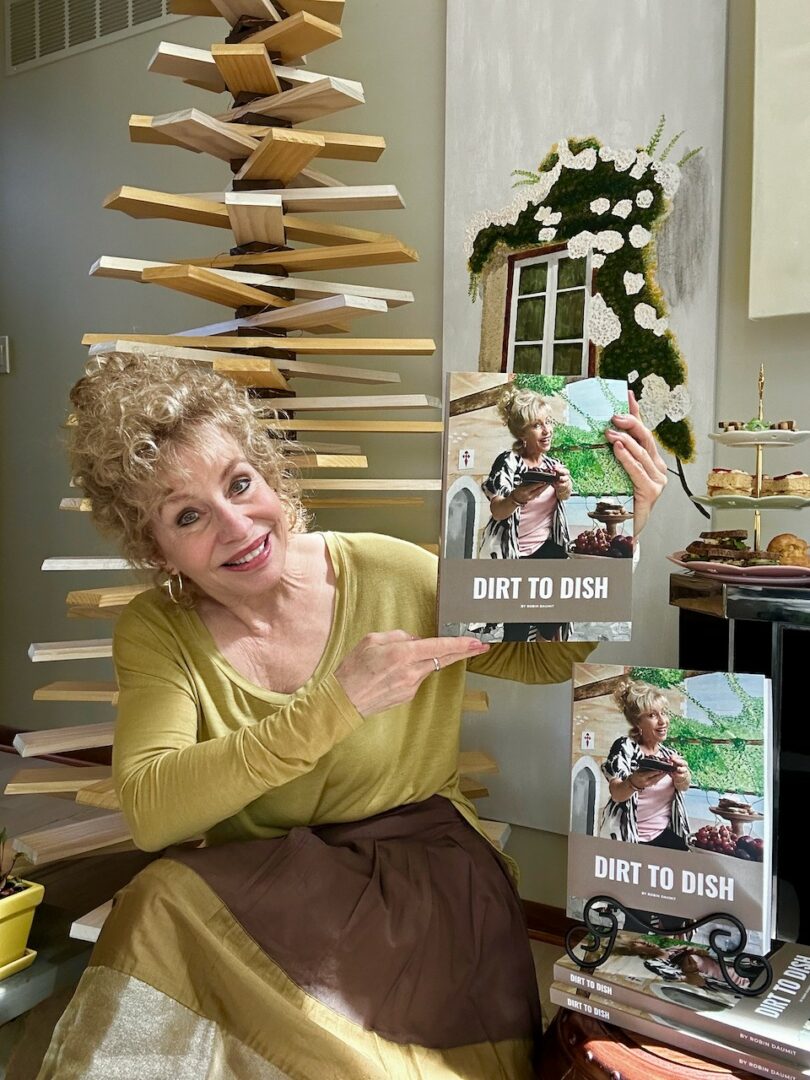
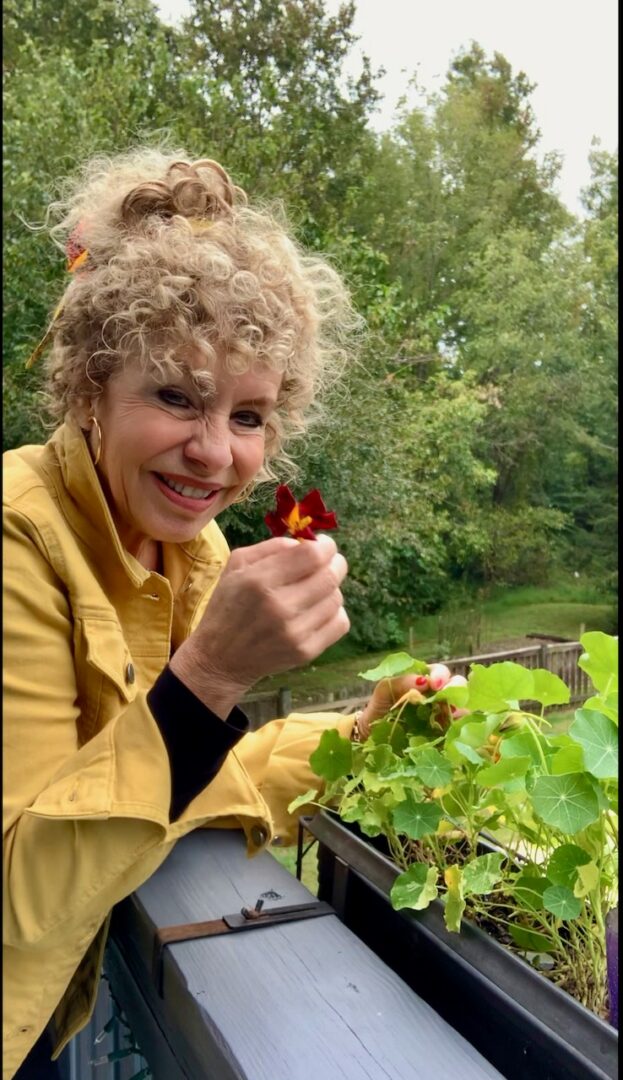
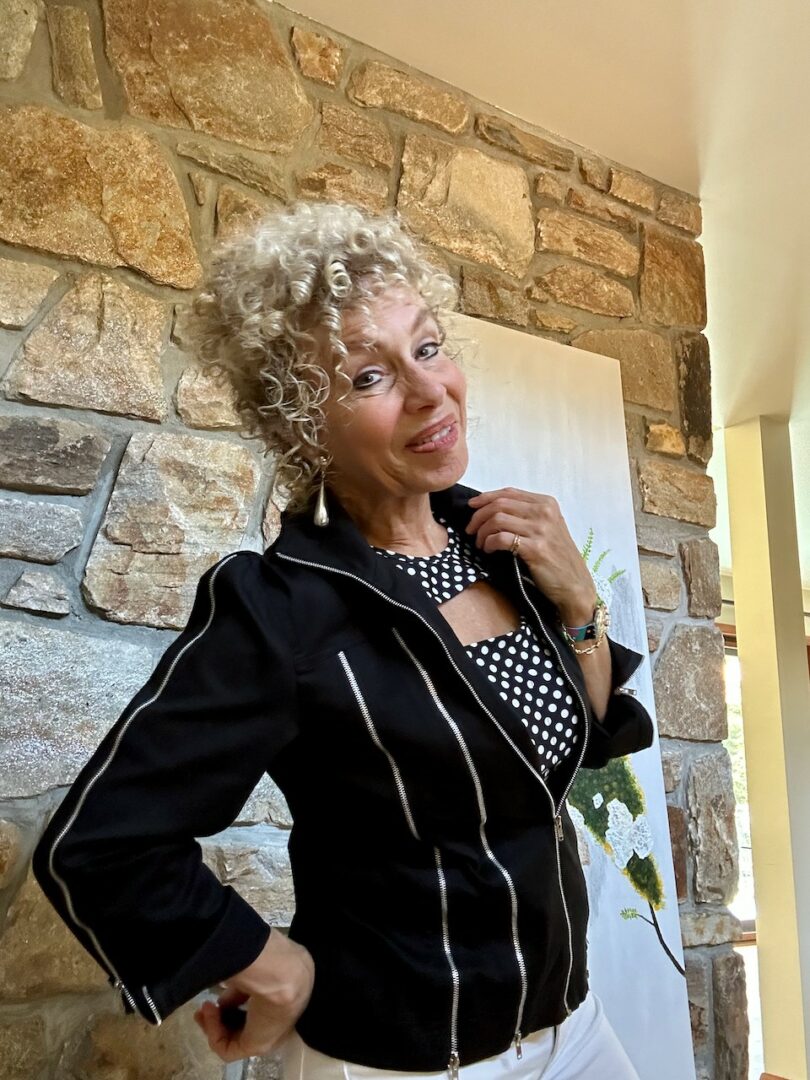
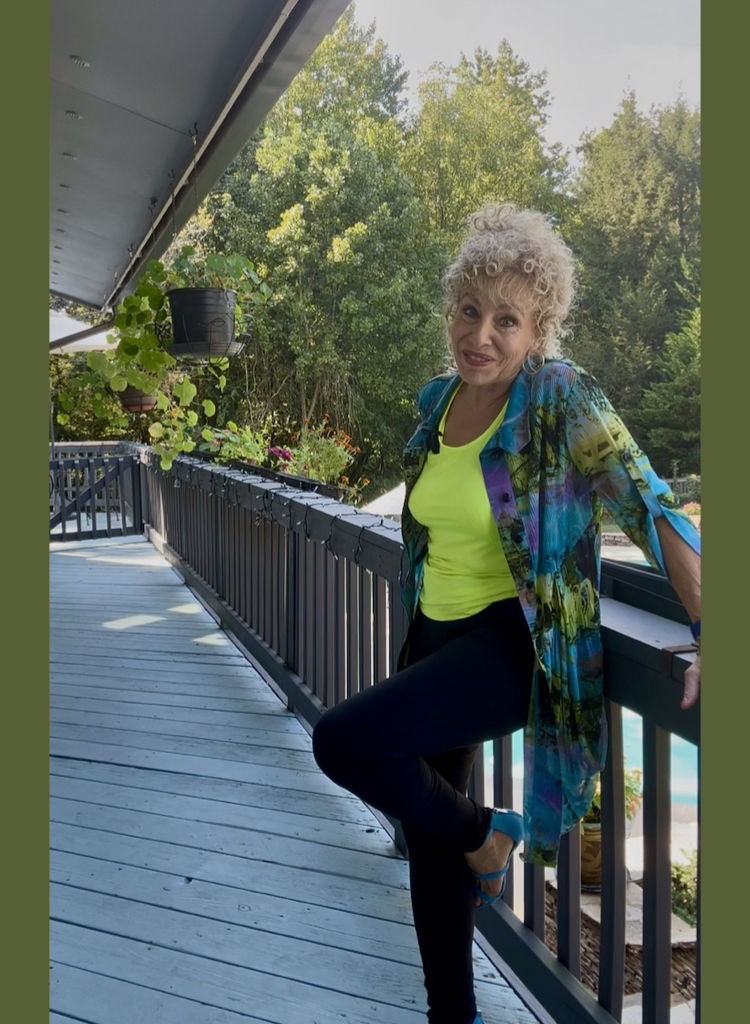
Image Credits
Robin Daumit
so if you or someone you know deserves recognition please let us know here.

